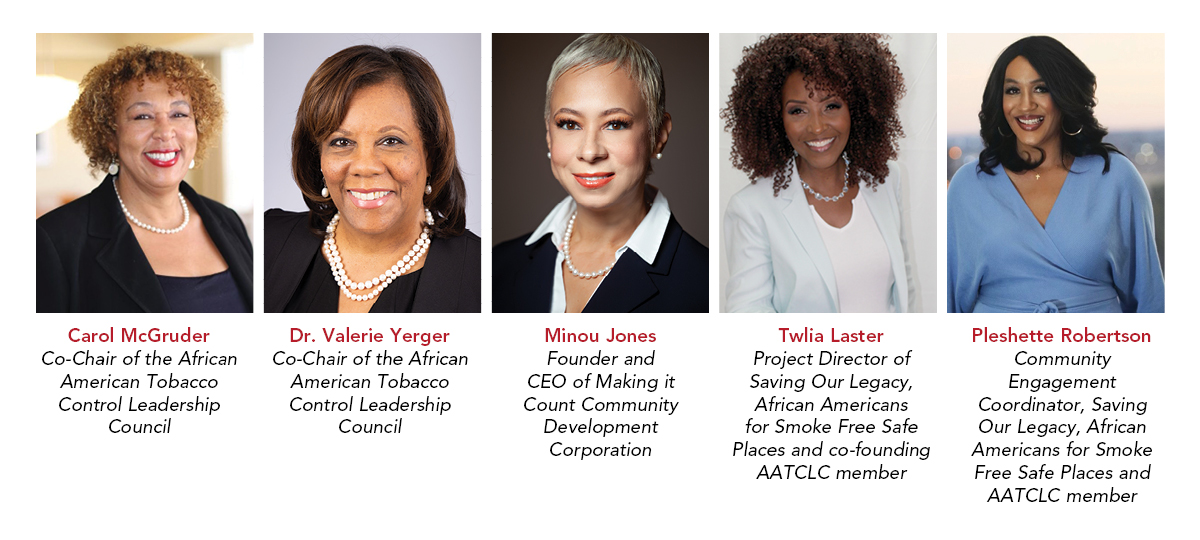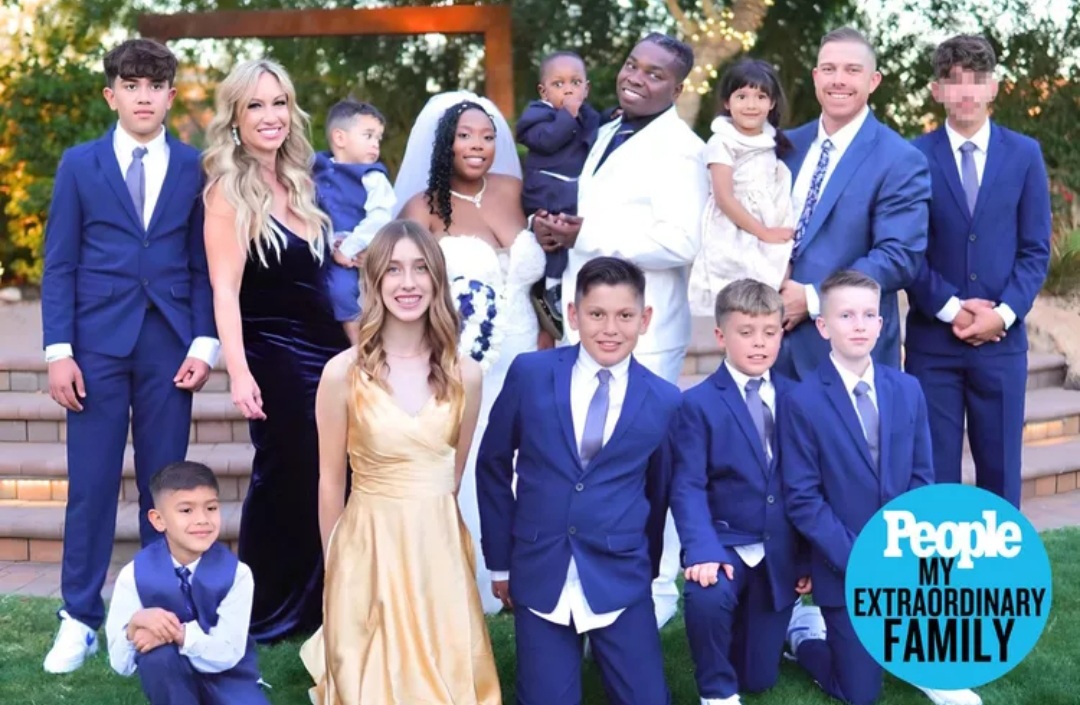
“Its Personal Not Business”: Activists Travel to London Demanding Multi-National Tobacco Companies Stop Killing Blacks
Submitted by African American Tobacco Control Leadership Council
In August 2020, California became the second state in the nation, after Massachusetts, to pass a broad law prohibiting the sale of menthol and most flavored tobacco products. Days later the implementation of Senate Bill 793 was blocked by a tobacco industry orchestrated referendum that forced the measure to go before the voters. But in November 2022, California voters upheld bi-partisan Senate Bill 793, yes California voters showed up and showed out and overwhelmingly voted to uphold the law and take these deadly addictive products off the market. This was a huge step forward in preventing the deaths of the 45,000 Black souls lost each year to tobacco induced diseases. However, before the products were off the shelves tobacco companies introduced new “non-menthol” products that chemically mimic the sensation and properties of menthol. Multi-national tobacco companies continue to use their tried ¬and true strategy to circumvent public health laws ….delay….delay…..delay. They know that every year of delay allows them to addict millions of lifelong customers.
The African American Tobacco Control Leadership Council (AATCLC) has been at the forefront of the national movement to stop the tobacco industry from racistly and perniciously targeting the Black community. AATCLC efforts have included working in cities and states across the country to assist them in banning these products and bringing a lawsuit against the Food and Drug Administration to compel them to act on the federal level.
One of the most important and critical efforts has been educating and engaging African American leadership organizations and the community at large to pushback against the constant systematic and strategic tobacco industry tactics targeting Black people. These tactics are many but include using Black elected officials, clergy, and other spokepersons to cynically exploit the legitimate fears and grievances of U.S. Blacks concerning enforcement and implementation of menthol bans. Tobacco companies whose products are the biggest killers of Black people seek to block public health policy at any cost and and incite the Black community to turn inward and fight each other, while they keep collecting their profits.
“Though this is ‘just business’ for them, the 45,000 Black lives lost each year because of their racist targeting are very personal to us,” said Twlia Laster, Project Director of Saving Our Legacy, African Americans for Smoke Free Safe Places and co-founding AATCLC member. Laster is part of a delegation of African American women, led by the AATCLC who will attend the British American Tobacco (BAT) shareholders meeting this April (4/19/2023) in London, England. BAT wholly owns U.S. based Reynolds American International, the makers of Newport cigarettes. The delegation is taking the fight to the invisible people behind the veiled curtain, the Board of Directors of this multi-national corporation. They are the power brokers who sit behind the scenes, playing with Black lives likes pawns on a chessboard.

Though a lot of the coverage on menthol has been centered in the U.S., it is important to note that international tobacco companies work tirelessly to market and sell their products to people of all races and ages – including kids – across the globe, full well knowing the harm, death, and destruction they bring. BAT also works tirelessly to undermine public health and tobacco prevention in Africa as well. Though the U.K., Canada, Ethiopia, Japan and the European Union have banned the sale of mentholated tobacco products, tobacco companies persist in doing everything they can to keep block public health policies that will protect Black people in the U.S. “When we are targeted by the tobacco company based on our race, gender, or sexual orientation our basic human right to health is being violated.” said Minou Jones, Founder and CEO, Making it Count Community Development Corporation. “The purpose of our mission is to call international attention to BAT’s violations of the International Convention for the Elimination of Racial Discrimination. Their decades long racist targeting of the Black community violates this United Nations treaty,” said Carol McGruder, Co-Chair of the AATCLC.
African American Tobacco Control Leadership Council (AATCLC)
The AATCLC Created to inform the direction of tobacco control policy, practices, and priorities, the AATCLC works at the intersection of public health policy and social injustice. They have fought resolutely against the decades of racialized tobacco industry targeting of the Black community and the resulting 45,000 Black lives lost each year from tobacco-induced diseases. The AATCLC has been at the forefront of the U.S. movement to restrict the sale of mentholated tobacco products, assisting municipalities across the country. In 2020, the AATCLC, the Action on Smoking and Health, the American Medical Association and the National Medical Association filed an administrative lawsuit against the U.S. Food and Drug Administration (FDA) for its failure to take mentholated tobacco products off the market. The lawsuit prompted the FDA to begin the arduous rule-making process that is expected to finally take deadly menthol and little cigars off the market in spring of 2023. In 2022, the AATCLC worked arduously with other tobacco control advocates to make California the second U.S. state to ban the sale of mentholated and flavored tobacco products. www.savingblacklives.org
Making it Count CDC
Making it Count CDC is committed to increasing health equity for Black, Indigenous, and People of Color. Since 2020, MIC has worked to educate and empower communities about tobacco-related health disparities in Michigan, where 16,200 people die annually as a result of tobacco-related disease. African Americans are disproportionately impacted. and youth are the tobacco’s new target for future tobacco revenues. For 30 years, communities in Michigan have been unable to pass local ordinances to protect the health of residents from tobacco marketing and sales due to pre-emption language in the Michigan Tobacco Act. While the FDA announced plans to move forward with banning menthol, the toll of death and disease continues to grow. More than 45,000 Black Lives are lost to tobacco related disease each year. MIC is working with local, state, and and national partners including the AATLC to put power back in the hands of people who have been left out of protections from the tobacco industry. www.umakeitcount.org




